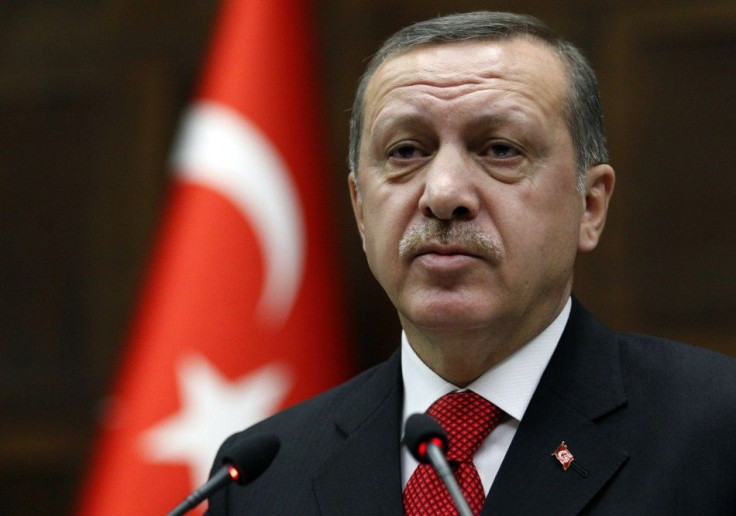Turkish PM to Visit Iran Next Month to Discuss Nuclear Issues

Turkey’s Prime Minister Recep Tayyip Erdogan will visit Iran for talks on that country’s controversial nuclear power program after he attends an international nuclear security summit in South Korea in late March.
The 2012 Seoul Nuclear Security Summit will convene on March 26-27. Erdogan himself is expected to deliver the closing comments at the conference.
According to Today’s Zaman, an English-language Turkish newspaper, Erdogan will parley with Iranian President Mahmoud Ahmadinejad in Tehran in the following week.
While in Seoul, Today’s Zaman noted, Erdogan may suggest that the P5+1 group (the five permanent members of the United Nations Security Council, plus Germany) schedule a second meeting with Iranian nuclear and defense officials, perhaps in Istanbul.
Subject to agreements by all parties, these talks could potentially be held sometime in April.
Senior Iranian officials, including Foreign Minister Ali Akbar Salehi, has long insisted that Turkey would make an ideal locale for such talks on nuclear power and security.
Salehi is also optimistic about future talks related to his country’s nuclear programs.
We expect the dialogue that has started will continue, Salehi told reporters at the UN-sponsored Conference on Disarmament in Geneva, Switzerland.
There was some disagreement on drafting an initial framework that would set the ground for a new roadmap as how to proceed. We are optimistic that upcoming meetings between the high delegation of the IAEA and the Iranian (side) will be proceeding hopefully in the right direction.
The United States, European Union and Israel are gravely concerned that Iran is developing nuclear weapons, while Tehran claims its atomic projects are designed for peaceful purposes only.
Nonetheless, the US and EU have imposed draconian economic sanctions in Iran, while Israel has threatened to launch military strikes on the Islamic Republic to quell its nuclear ambitions.
Turkey, which has reasonably good relations with both the west and Iran would perhaps make an excellent mediator in the ongoing dispute.
However, there are some signs that Erdogan's political party, the ruling Justice and Development Party (AK), might be seeking to distance itself from Teheran.
According to a report in EurasiaNet.org, Turkey is maintaining the façade of good relations with Iran, while a larger power struggle for domination of the Middle East is brewing between Ankara and Tehran.
“We are doing our best to create the atmosphere for dialogue,” a senior Turkish diplomat told EurasiaNet. “Yes, we don’t agree about all issues with Iran -- about what’s happening in Iraq, in Syria -- but that doesn’t mean we shouldn’t talk with them. We are expressing our concerns and reactions with them about everything face-to-face.”
Other words from Turkey are harsher towards Iran, especially in regards to its support for Syrian president Bashar al-Assad's brutal crackdown.
EurasiaNet reported that the AK’s Deputy Prime Minister Bulent Arinc has said: “I am addressing the Islamic Republic of Iran: I do not know if you are worthy of being called Islamic. Have you said a single thing about what is happening in Syria?”
Hugh Pope, Turkey project director for the Brussels-based International Crisis Group, told EurasiaNet that Erdo?an “feels personally burned by the Iranians… Erdo?an likes to have wins and the risks he took for Iran did not pay off, either in the US or Iran.”
© Copyright IBTimes 2024. All rights reserved.





















